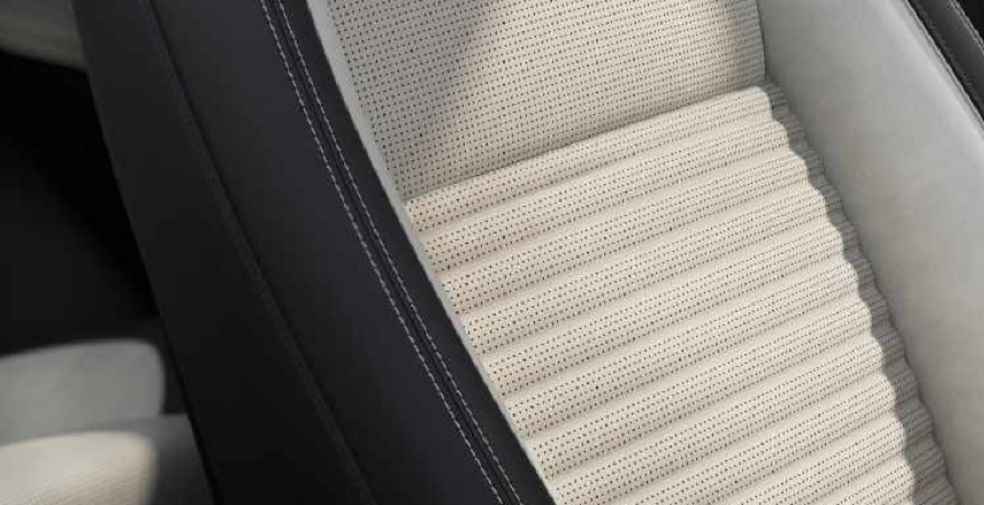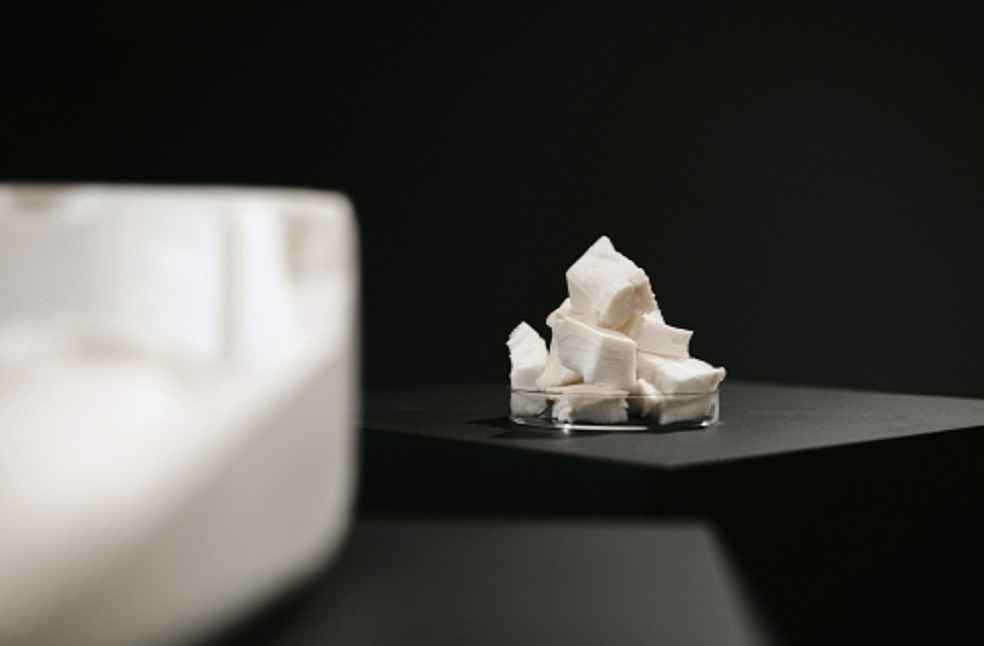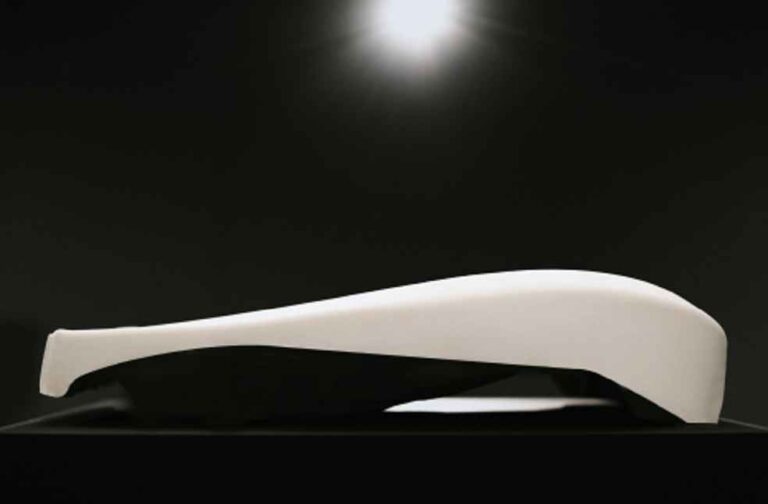Jaguar Land Rover (JLR) has made a groundbreaking advance in recycling polyurethane seat foam from its used vehicles, successfully reintegrating the material into new seat production. This marks the first time closed-loop seat foam content has been used in automotive manufacturing, achieved in collaboration with Dow’s MobilityScience and seating specialist Adient.
Towards Sustainable Mobility
JLR is testing the recycled material in its full production process, with plans to trial its use in pre-production vehicles next year. Polyurethane foams, traditionally challenging to recycle due to their durability, often end up in landfills. By establishing a closed-loop supply chain, JLR aims to cut emissions, eliminate waste, and secure a sustainable source of low-carbon seat foam.
The initiative will contribute to the creation of ‘circular seats,’ reducing CO2e emissions by half and avoiding over 44kg of CO2e per seat, equivalent to charging nearly 3,000 smartphones.

Collaboration and Innovation
Andrea Debbane, JLR’s Chief Sustainability Officer, highlighted the importance of collaborative efforts across the value chain to achieve circularity. “It represents a collective commitment to doing things differently, challenging us to rethink our approach from all angles to find the solutions needed to design and build the cars of the future,” she said.
Jon Penrice, Mobility President at Dow, emphasised the role of advanced material science in this breakthrough. Dow’s RENUVA sustainability program converts end-of-life waste into raw circular materials, aligning with its net-zero carbon and circular economy goals.
Adient’s Vice President, Mick Flanagan, praised the partnership for setting new benchmarks in environmental responsibility while maintaining the luxury and comfort expected by customers.

Circular Economy in Action
JLR’s Circularity Lab in Gaydon has been pivotal to this innovation, focusing on reducing waste and improving vehicle recyclability. Teams disassemble vehicles to identify barriers to recycling and feed insights into early vehicle development. For instance, tests on bumpers demonstrated the potential for lower carbon production, saving 177,500 kg CO2e and £560,000 in costs for a single model line.
The lab also builds on JLR’s prior success in closed-loop aluminium recycling, where post-industrial waste from body panel stamping was reused to produce new panels. This required developing a unique aluminium grade, showcasing the importance of supply chain collaboration.
Supporting a Circular Future
These initiatives align with JLR’s Reimagine strategy, which seeks to redefine its environmental impact through circular economy principles. As an Ellen MacArthur Foundation Network Partner since 2023, JLR is integrating circular practices into its operations, including refurbishing industrial equipment to enhance energy efficiency and reduce emissions in preparation for an all-electric future.
GENERAL | Kia India Achieves 1 Lakh CKD Exports, Plans Global Expansion by 2030





